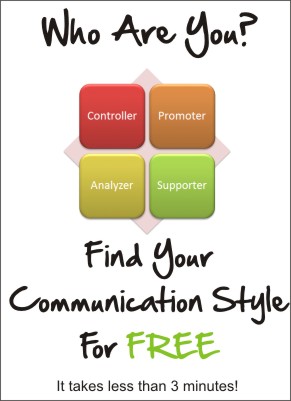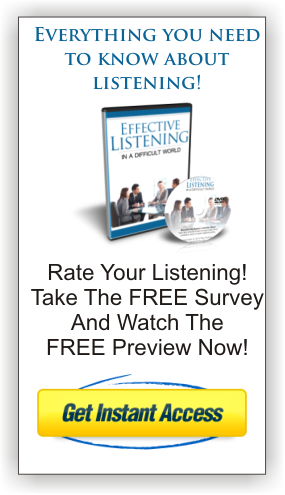 |
Email works great when you want to ask a question or deliver a message quickly and you don’t
care how fast you get your answer – or even if you will get a reply. Email is a wonderful way to send a
quick message, but it is not necessarily the best route to a quick reply. Because your reader is under
no obligation to read or act upon your message in a timely fashion, don’t hold it against them if they
don’t respond immediately |
 |
If you want to communicate directly with a particular person in an organization rather than fight
your way past a gatekeeper, email works great. As long as you have the correct email address,
chances are your message will be read by your intended recipient. While I have met a few high
level executives who have their assistants read their email, most still consider their email account to
be private.
|
 |
Email is wonderful when you need to communicate with someone in a different time zone or
country and you don't want to adjust your schedule to make a phone call. Thanks to email, both the
sender and the receiver can conduct business during normal working hours.
I once worked with a large law firm that had offices in both London and India and used email to
communicate and work on documents twenty four hours per day. They even advertised in London that if
you delivered a matter before five PM they would have it resolved by the next morning!
|
 |
Because email is electronic, you can easily deliver the same message to multiple readers.
Whether it’s a memo for the five other members of your team or an electronic newsletter with 10,000
subscribers, email makes it easy to deliver news quickly, easily, and at no cost. |
 |
Email is valuable if you need to maintain a written record of your electronic conversation. Of
course, you should NOT use email if you DON’T want a written record. Later, in the chapter on best
practices, we will discuss the reality that emails have the potential to last forever. |
 |
When it’s urgent. If something is due at eight AM, you can work late at night and still deliver
it on time using email. While it’s possible that there will be technical problems in the transmission,
most emails are delivered without problems. Many times my clients work on proposals until the last
minute and deliver them on time using email. |
 |
When you want to save money. Email is basically free and provides near instant delivery so it is
far more economical than conventional mail or delivery services such as FedEx. |
 |
Email is perfect when you are traveling because it can be accessed from anywhere as long as you
can log onto the internet. Leaving email messages beats phone tag if the other person is also
traveling, especially if other people are in different time zones. This is becoming even more of an
advantage with the increasing availability of Blackberries and other cell phones with email
capability. |
 |
When you need to be unobtrusive. An email sent to someone takes far less of their attention than
a phone call. |
 |
Email is wonderful for providing factual information that doesn’t require an answer. For
example, a price quote or to tell someone what time a party starts. |
 |
To introduce yourself or your company to someone who is unfamiliar with you. Email can be a
great way to get information into someone’s hands without having to make a sales call. Many times
people will not respond immediately, but will save email and retrieve it later if they need the
information. We have experienced delayed response to emails sent as long as two years ago. |
 |
To send requested documents. While it is not polite to send large unrequested attachments, email
is perfect for quickly delivering requested items. |


 Facebook
Facebook Twitter
Twitter Stumbleupon
Stumbleupon

